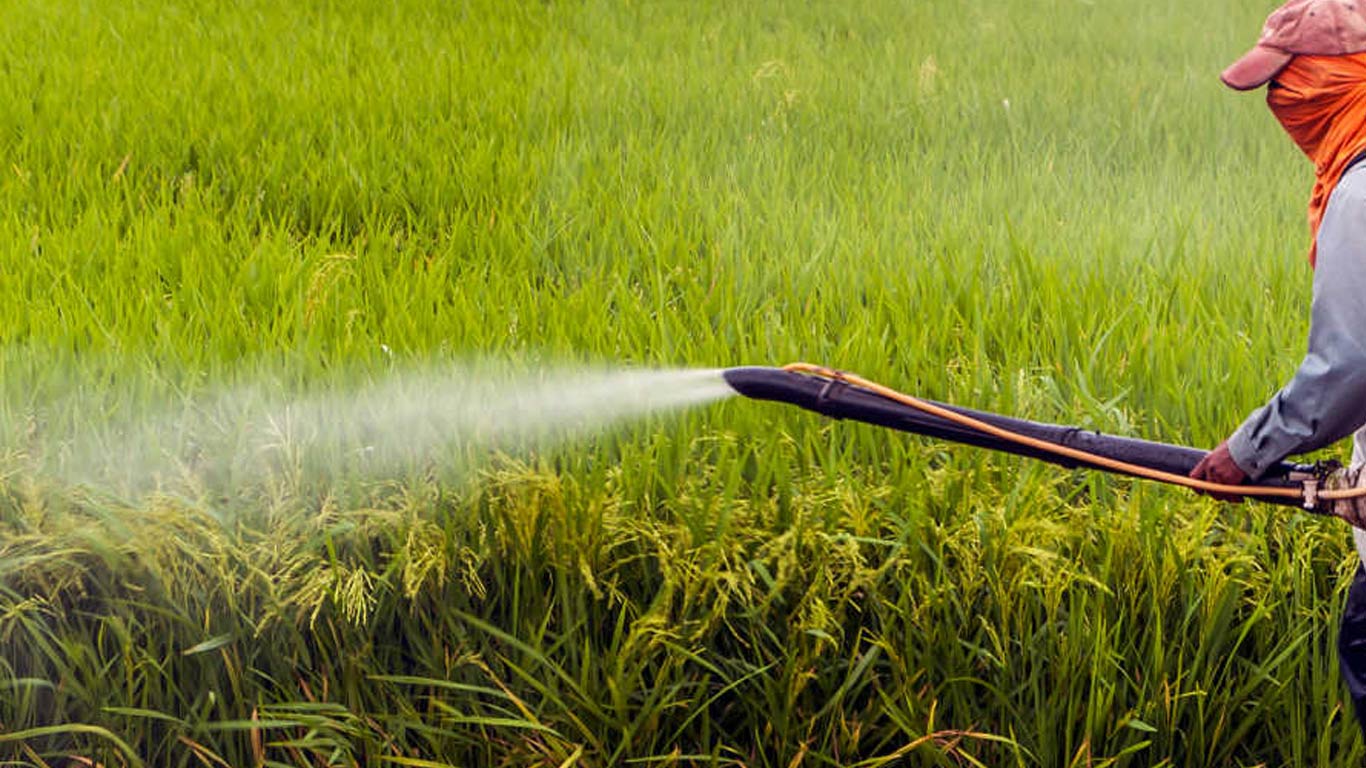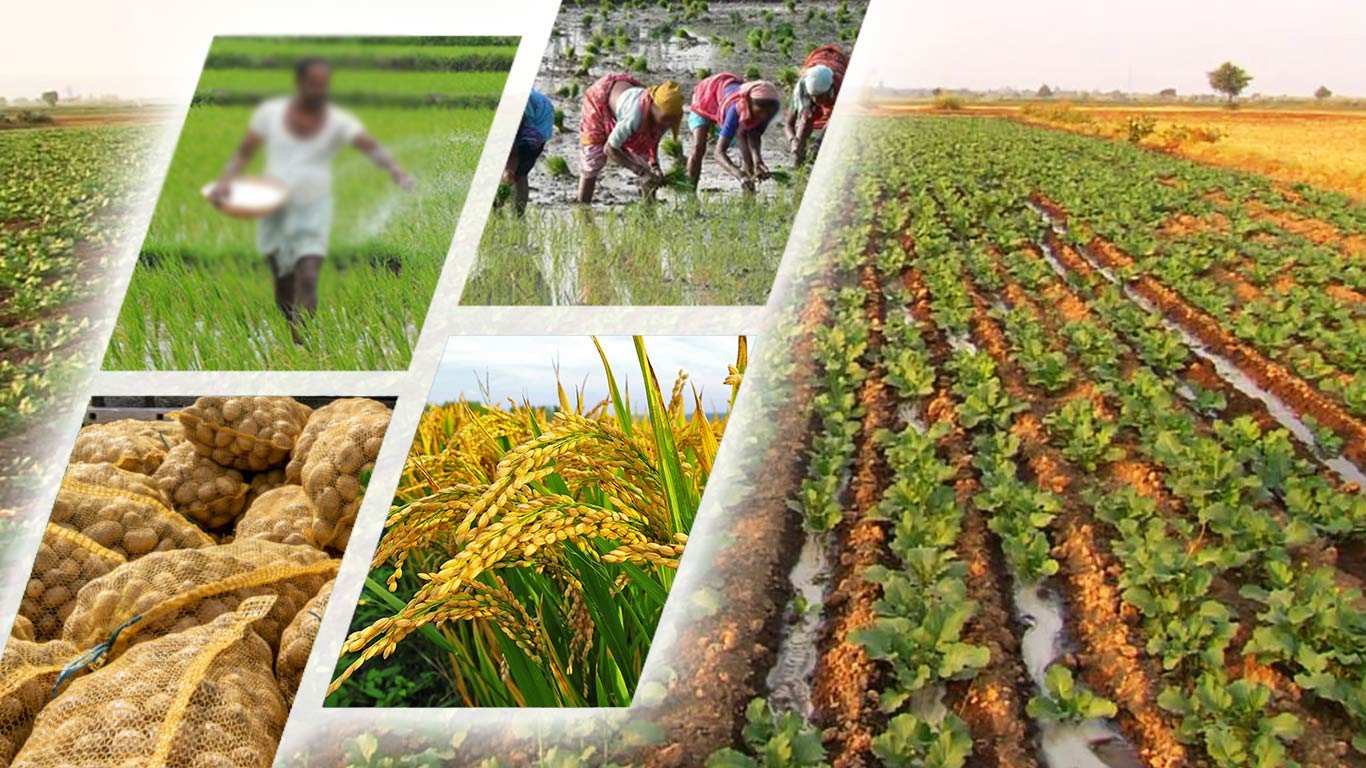Govt implements schemes to increase jute production
Updated: Mar 13, 2013 02:32:09pm

During 2011-12, jute production increased by seven per cent to an estimated 10735.6 thousand bales compared to 10009.4 thousand bales in 2010-2011, according to an official statement issued by the Ministry of Textiles at the LokSabha recently.
One of the major schemes of the government is to launch a Jute Technology Mission (JTM). The initiative is intended for the overall development of the jute industry with a total outlay of Rs 355.55 crore. It would include strengthening agriculture research and development ofthe jute sector for improving both yield and quality. The Mission would also look into transfer of improved technology and agronomic practices in production and post-harvesting phase, modernization, up-gradation of skills and market promotion.
Considering that Bihar and West Bengal are the largest producers, the Government has taken up the revival of three jute mills of the National Jute Manufactures Corporation Limited (NJMC), a Central Public Sector Enterprises, namely, Khardah, Kinnison (West Bengal), and RBHM (Bihar).
Further, the Jute Corporation of India (JCI), a public sector undertaking under the Ministry of Textiles has been mandated to undertake support price operations for raw jute from farmers at Minimum Support Price (MSP) through its 171 departmental purchase centres and state cooperative bodies.
The move is intended to protect and ensure that the raw jute producers receive MSP, an official statement said. MSP for raw jute and mesta is revived every year to encourage farmers to grow more jute.
Significantly, the requirement of jute bags for packing food-grains has increased substantially in the past few years and the jute industries are not facing problems on account of demand.
However, to encourage jute production, the government has stipulatedcompulsory packaging of a certain percentage of foodgrains and sugar in jute bags under Jute Packaging Material (compulsory use in packaging commodities) Act, 1987.
With an aim to developing better jute seeds and improving agronomical practices for jute cultivation, the National Jute Board and Jute Corporation of India are currently working on projects with the National Institute of Research on Jute and Allied Fibre Technology (NIRJAFT) and the Central Research Institute for Jute and Allied Fibres (CRIJAF).
The Jute Corporation of India and the National Jute Board, work together to distribute high-yielding certified seeds, to farmers at subsidized rates to increase productivity.(KNN/Gunj)











